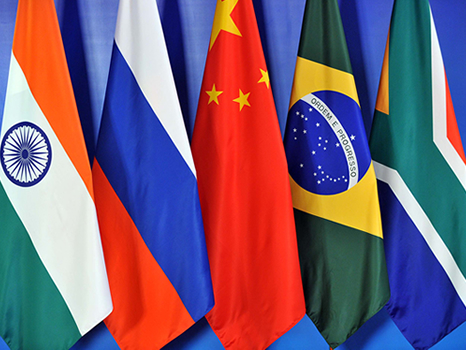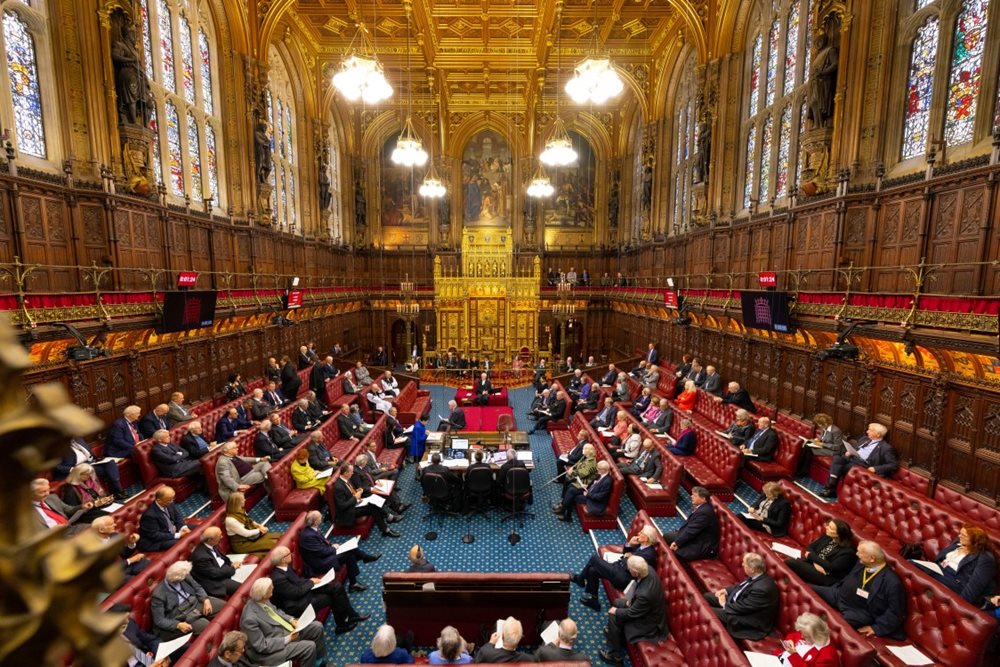In 2001, Jim O’Neill, then head of global economics research at Goldman Sachs, introduced the term “BRICs” in a paper highlighting the potential economic growth of Brazil, Russia, India, and China. Initially regarded as a marketing strategy, this concept evolved into a powerful political bloc known as BRICS after South Africa’s inclusion in 2010. As the 15th annual BRICS summit approaches in Johannesburg, South Africa, the group’s significance is being revaluated, with developing nations eager to join its ranks.
Central to this shift is the New Development Bank (NDB), established in 2014 with a $10 billion initial investment from each member country. Headquartered in Shanghai, the NDB has attracted attention as a credible alternative to Western-dominated multilateral financial institutions, addressing unease within the developing world. Smaller stakes from countries like Bangladesh, the UAE, Uruguay, and Egypt further underline its appeal.
The rise of BRICS has raised concerns in Western circles, evident in speculative reports about Indian Prime Minister Narendra Modi’s attendance at the summit. The Western media’s coverage of a potential India-China standoff during the summit underscores the growing clout of BRICS. Despite these uncertainties, BRICS members maintain their unity, with China and India dismissing rumours of discord over expansion.
This gathering momentum is fuelled by more countries expressing interest in joining BRICS, including Saudi Arabia, UAE, Egypt, Algeria, and Argentina. Discontent with the IMF’s regulatory approach has pushed the developing world towards this alternative platform. BRICS aims to offer a counterbalance to Western influence, with China and Russia advocating for a more independent global financial system and currency.
As BRICS expands its presence and influence, nations like India, South Africa, and Brazil are grappling with balancing their agendas within the group. With over 30% of global GDP among its members, BRICS countries seek to challenge the limited influence they hold in institutions like the IMF. Amid the ongoing reform versus replacement debate, India’s focus is on making BRICS a catalyst for a more equitable and reformed multilateralism.
In summary, BRICS has transformed from an economic concept into a geopolitical force that challenges Western dominance. The group’s New Development Bank provides a viable alternative to traditional financial institutions, attracting interest from a growing number of developing nations. BRICS’ collective influence and push for an alternative global financial order are reshaping the international landscape, sparking a re-evaluation of power dynamics on the global stage.







